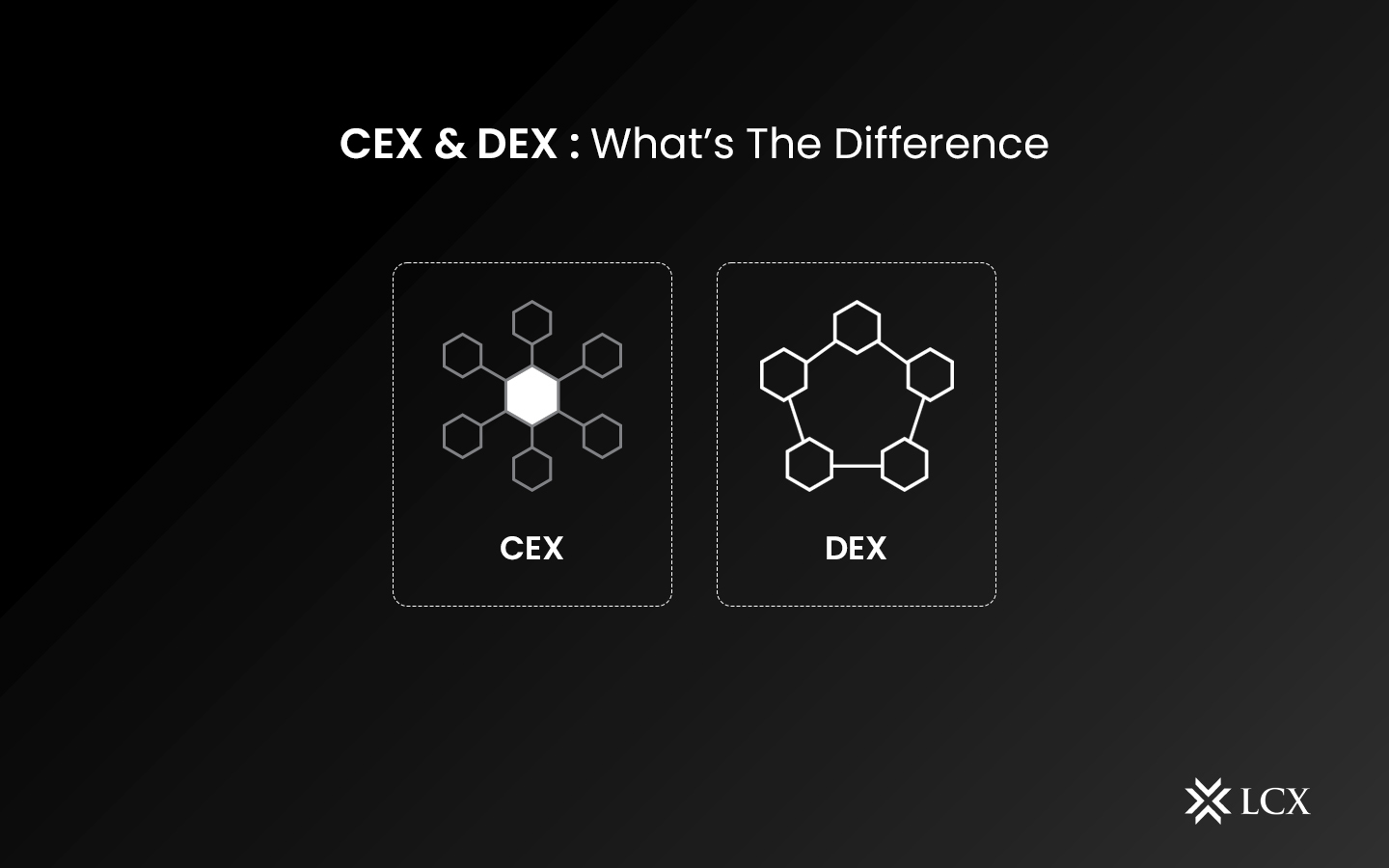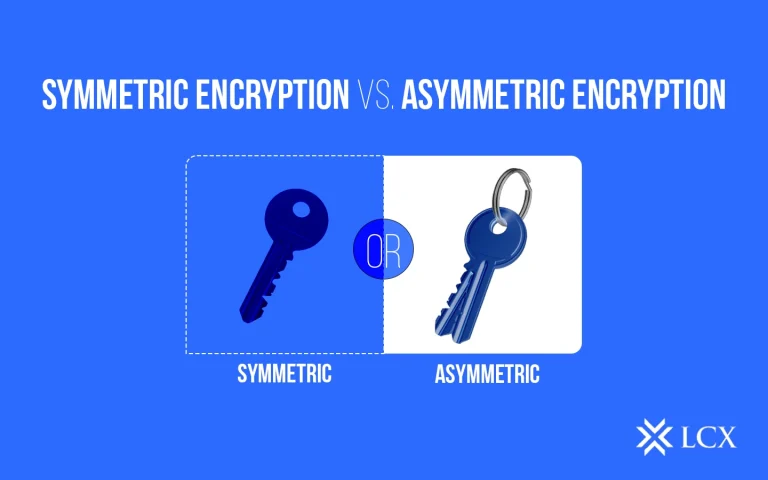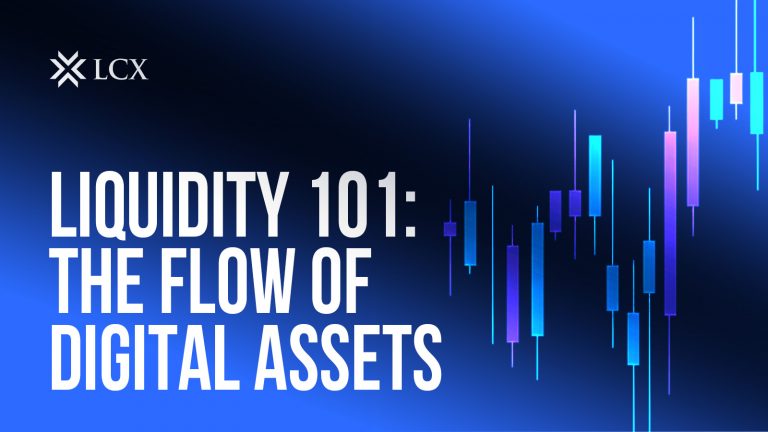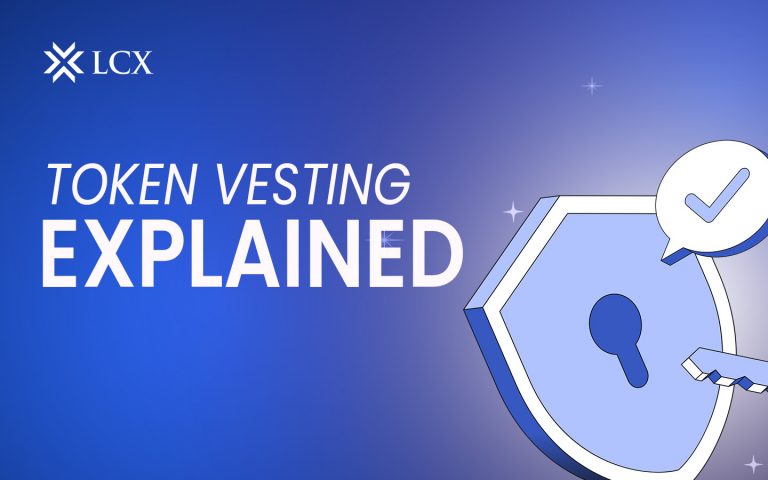For trading or investing in crypto, we all need a regulated and secure crypto exchange. But most of us are unaware of the fact that there are 2 types of exchanges: – Decentralized and Centralized.
But before we understand what these two exchanges are and how they differ from each other, we need to understand what a crypto exchange is. A crypto exchange is simply a site where crypto assets can be bought and sold, just like on the LCX exchange. All the cryptocurrency exchanges have their own specific set of rules and regulations, but the main goal of every crypto exchange is to offer easy access to the crypto world.
Now let’s jump into the understanding of DEXs and CEXs
DEXs are built on the shortcomings of CEXs.
DEXs aim to accomplish transactions quicker and cheaper than their centralized mate. They accomplish this by eliminating the middleman agencies that take a cut of the CEX transaction fees. The world’s largest DEX, in the 2018 whitepaper of Uniswap, declares “zero rent extraction.” It aims to safeguard its users from the extra costs associated with making revenue for the middlemen that operate CEXs.
DEXs utilize AMM protocols to define asset prices, thereby excluding the need for a centralized body to orchestrate trades. The “constant product” process, which decides prices provided as a mechanism of the proportion of the DEX’s total reserves of every asset concerned, is a popular method. This has the benefit of maintaining a relative reserve balance: in case any asset becomes limited, it would become incredibly costly.
Nonetheless, DEXs usually offer approximately the same asset prices as CEXs. This is due to the fact that alert traders or bots can rapidly profit from any price difference via arbitrage. If a pool had a small amount of ETH, it would have to allow traders to sell ETH into the pool at a increased cost than the market demonstrated. Traders could quickly profit by purchasing it in the open market and selling it back into the pool. Since they did so, the volume in the pool increased, causing the offered price to fall until it was similar to the market price.
Difference Between Centralized Crypto Exchange And Decentralized Crypto Exchange
| Basis of Difference | Centralized Crypto Exchange | Decentralized Crypto Exchange |
| Popularity | Very popular | Not yet popular |
| Security | Must have very strict security measures to avoid hackers | No chance of hacking or any other security danger |
| Liquidity | High liquidity | Low liquidity |
| Control | The platform has the control | User has the control |
| Speed | Execution of orders take less than a second | Longer time is taken for order execution |
| Regulation | CEXs requires a license from the authorities and is regulated. | DEXs are not easy to regulate and doesn’t require any license from regulatory bodies |
| Fees | A fee is required to execute transaction | Minimum to no fee is required in decentralized exchange |
When trying to decide which sort of exchange to use, two factors must be considered: If you are particularly concerned with convenience of use and are uncomfy with having complete control over your own money, a CEX is usually the best choice for you. If you value lower fees and greater control over your own funds, a DEX is the one for you.









